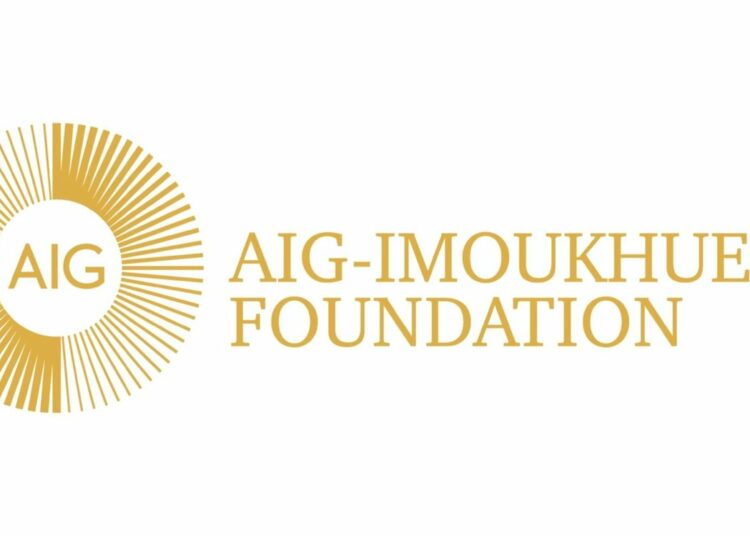The Aig-Imoukhuede Foundation has uncovered deep-rooted barriers to sustainable public sector reform in Nigeria.
The foundation, at a recent critical national workshop titled, “Rethinking Reforms: Why Many Reforms Fail in Nigeria and What We Can Do About It,” gathered a diverse group of both state and non-state actors to discuss the complex challenges impeding Nigeria’s public sector reform efforts.
The workshop unveiled the perceptions of state and non-state research respondents on the corrosive impact of nepotism, corruption, and accountability deficits on public service delivery.
The dissonance in the views of the career civil servants and those of the appointed public servants regarding the planning and implementation of policies or the performance of their ministries also revealed the need for an alignment on the goals and objectives of public service.
Professor Balogun, the lead researcher, presented groundbreaking findings at the national workshop.
His research introduced a new framework for understanding the challenges hindering Nigeria’s public sector reforms: “Multiple Fiefdoms Theory.”
This theory highlights the destructive clash between two contrasting forces within the nation. On one side is the “Soft Environment,” characterized by unity, shared national identity, and a focus on public service.
On the other is the “Hard Environment,” marked by divisions, conflicting interests, and a culture of patronage. The toxic mix creates a complex landscape where personal loyalty often trumps professional duty, hindering effective governance and stifling reform efforts.




